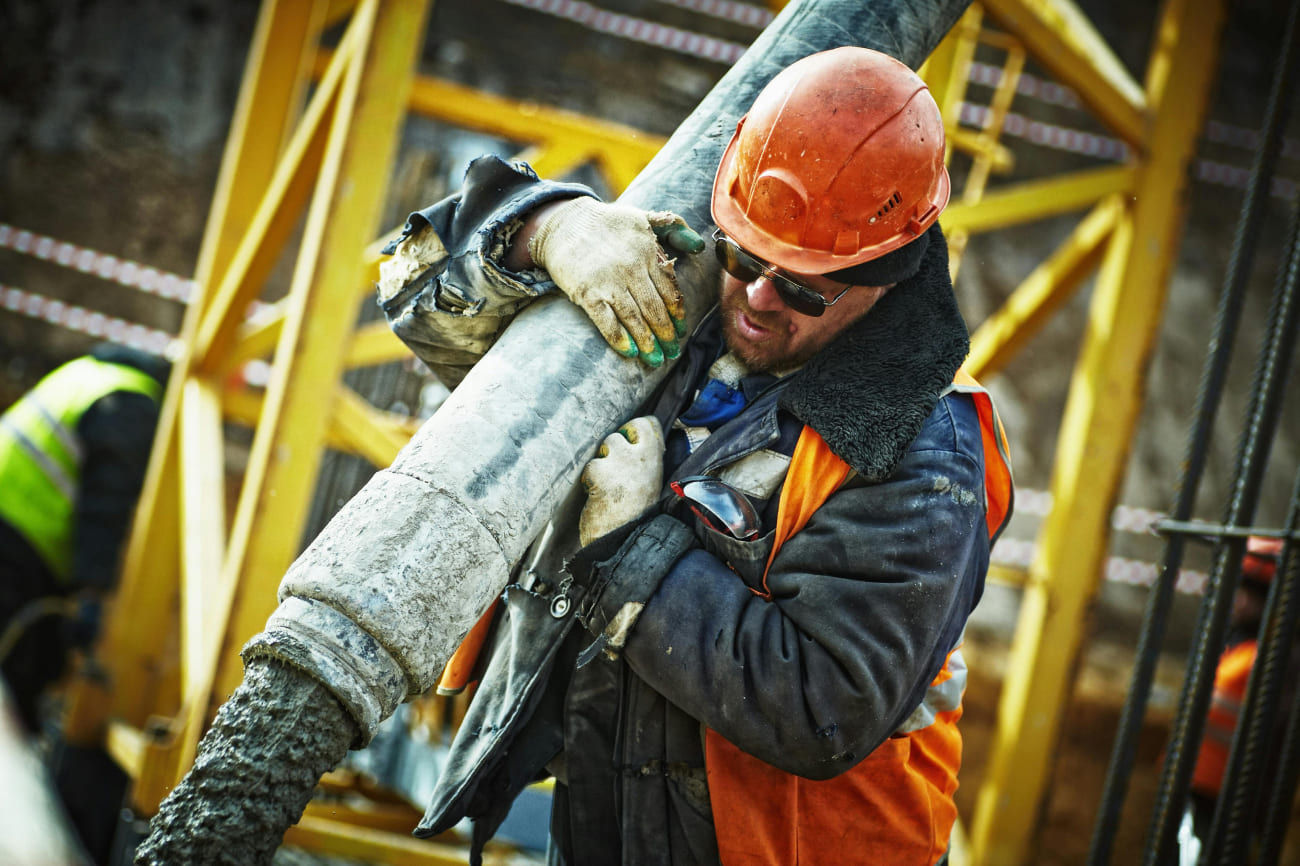The Role of Construction Workers in Society

In the dynamic construction world, skilled workers are the unsung heroes who transform blueprints into reality. These dedicated professionals are the backbone of every successful project, ensuring that structures are safe, efficient, and up to code. Without the dedication and expertise of construction workers, modern infrastructure as we know it would not exist.
In this blog, we aim to explore the roles, challenges, and essential contributions of construction workers in today's industry.
-
Understanding the Job of Construction Workers
Construction workers are responsible for various tasks, from laying foundations and framing buildings to installing systems like plumbing and electricity. Their work is varied and often specialized, requiring a deep understanding of building materials, safety protocols, and construction techniques. For instance, masons, carpenters, electricians, and plumbers each bring unique skills to the job site, collaborating to complete complex projects.
-
Training and Skills Required
Becoming a construction worker involves more than physical strength; it requires proper training and a specific skill set. Many construction workers start as apprentices, learning the trade through hands-on experience under the guidance of seasoned professionals. They acquire crucial skills such as reading blueprints, operating machinery, and adhering to safety standards.
-
The Importance of Safety
Construction sites can be hazardous, making safety a top priority. Thus, construction workers must adhere to strict safety protocols to prevent accidents and injuries. It includes wearing protective gear, following proper procedures for equipment use, and being vigilant about potential hazards. Safety training programs and regular safety meetings are essential to ensure that workers remain aware of the risks and know how to mitigate them.
-
Challenges Faced by Construction Workers
Despite their critical role, construction workers often face significant challenges. The physical demands of the job can lead to injuries, while long hours and exposure to the elements can damage their health. Furthermore, the cyclical nature of the construction industry can result in periods of unemployment, adding financial stress to the equation.
-
Technological Advancements
The construction industry is not immune to technological advancements sweeping across all sectors. Innovations such as building information modeling (BIM), drones, and automated machinery are transforming construction workers' operations. These technologies enhance efficiency, improve accuracy, and reduce the physical strain on workers, making construction sites safer and more productive.
-
The Community Impact
Construction workers play a vital role in shaping communities. They build schools, hospitals, homes, and other essential infrastructure that improve residents' quality of life. Their work has a lasting impact, contributing to the economic and social development of the areas they serve.
-
The Future of Construction Work
The demand for skilled construction workers is expected to grow in the future. Urbanization, infrastructure development, and the need for sustainable building practices are driving this demand. However, attracting and retaining skilled workers will require addressing their challenges and providing career growth and advancement opportunities.
As we reflect on the indispensable role of construction workers, it's clear that their expertise and dedication are fundamental to the success of any construction project. These skilled individuals not only build our infrastructure but also contribute significantly to our communities' economic and social fabric.
By recognizing their challenges and supporting their professional growth, we can ensure a bright future for the construction industry. Let us celebrate and appreciate the hard work of construction workers, who are truly the architects of our modern world.
